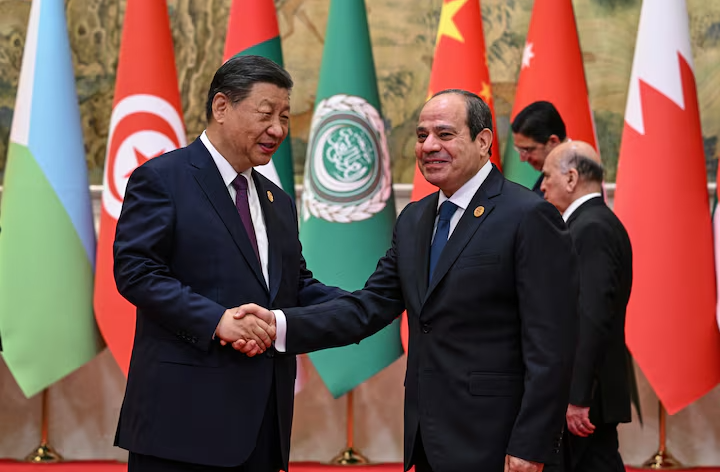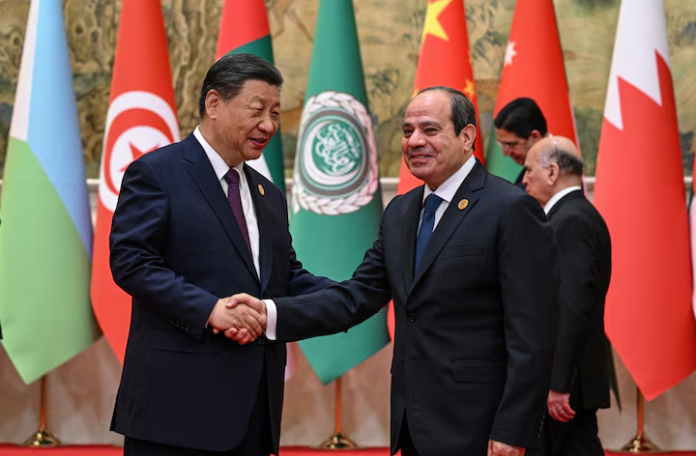China is steadily expanding its space partnerships in Africa, strengthening its global position in the space race while the U.S. pulls back on foreign aid. With nearly two dozen agreements in place, Beijing is providing African nations with satellite technology, ground stations, and funding—but at what cost?
China’s Space Footprint in Africa
A prime example of China’s influence is Egypt’s satellite facility, which was initially promoted as Africa’s first locally built satellite project. However, much of the equipment is imported from China, and Chinese scientists play a significant role in operations. The plant is part of a broader Chinese-backed space initiative in Africa, including Earth observation satellites and powerful space-monitoring telescopes.
China’s involvement extends beyond Egypt. Beijing has established space partnerships with 23 African nations, funding satellite programs, ground stations, and even moon exploration projects. Countries like South Africa and Senegal are aligning with China’s lunar ambitions, challenging the U.S.-led Artemis program.
What Does China Gain?
China presents its investments as a way to support Africa’s space ambitions, but analysts suggest Beijing is securing a strategic advantage. Chinese-built space infrastructure provides the country with access to valuable satellite imagery, potential surveillance data, and a permanent presence in key facilities across the continent.
Military analysts warn that China’s space initiatives could have dual-use applications, enhancing its military surveillance and intelligence-gathering capabilities. This growing presence allows Beijing to track global activities, including U.S. military operations, while strengthening its geopolitical ties in Africa.

U.S. Falling Behind?
While China strengthens its foothold, the U.S. has been reducing foreign aid and space partnerships in Africa. Washington views China’s space expansion as a security risk, with concerns that Beijing’s investments could be used to coerce governments and undermine U.S. influence.
Despite these concerns, China continues to dominate space diplomacy in Africa, positioning itself as a leading player in the next global space race. With billions of dollars in funding and a long-term strategy, Beijing is laying the groundwork for a future where space power is as much about alliances as it is about technology.
As China cements its role in Africa’s space development, the question remains: Is this a partnership of mutual benefit, or is Beijing securing a strategic upper hand in the global space race?



